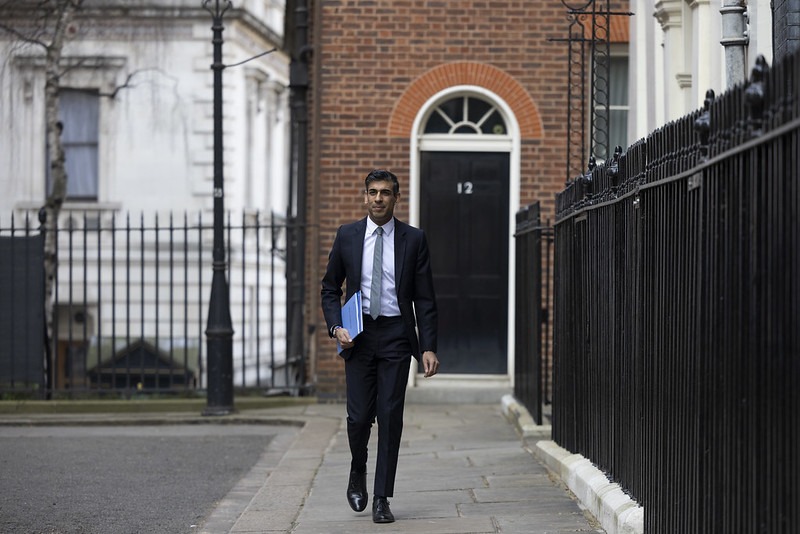On 23 March 2022, Chancellor Rishi Sunak delivered his Spring Statement in Parliament amid a cost living crisis and greater public debt after the pandemic.
Bottlenecks in the worldwide supply of goods and rising energy prices have pushed up inflation. It’s no surprise that the speech focused heavily on mitigating the rising cost of living.
So, what were the most important announcements for businesses and individuals?
National insurance thresholds
All eyes were on the National Insurance contributions (NICs), as many were hoping that the long-awaited 1.25% uplift to NICs and dividends would be scrapped.
Unfortunately, there was nothing like that in the Statement, although Sunak did say the threshold at which people pay NICs would be raised to mitigate the effects of the tax rise.
As such, the class 1 NICs threshold and lower profits limit for class 4 NICs will increase to £12,570 from 6 July 2022, bringing them in line with the personal allowance for income tax.
According to the Government, 70% of people will have to make fewer NICs because of the move, even when taking the 1.25% uplift into account.
Income tax
Another significant statement in Sunak’s speech was the announcement that the Government intends to cut the basic rate of income tax – the first time this has happened in 16 years.
Income tax will be cut from 20% to 19% from April 2024, although there will be no changes to the higher (40%) and additional (45%) rates.
According to the Government, this will save people an average of £175 a year, although the Resolution Foundation said seven in eight people will end up paying more in income tax and NICs, when you take into account every tax and threshold change the Government has made.
Fuel duty
With fuel prices hitting record highs in early 2022, the Government stepped in to try to mitigate the effects by cutting fuel duty by 5p per litre.
The Treasury claims this represents a saving of £100 for the average car driver over the next 12 months, £200 for the average van driver and £1,500 for the average haulier.
Employment allowance
The employment allowance, which allows eligible employers to reduce their NICs liability, will increase from £4,000 to £5,000 in 2022/23.
The Government said that by increasing the allowance by £1,000m 50,000 businesses would not have to pay any NICs on employment at all.
Future business tax reform
With the super-deduction tax relief set to end in April 2023, the Chancellor said he plans on consulting on future tax changes to encourage business investment.
The Government will also look at ways in which the tax system, including the apprenticeship levy, can support employers as they invest in adult training.
As tax and financial experts, we can support your business and manage your tax liability so you can tackle any challenge you face. Contact us for more information.




